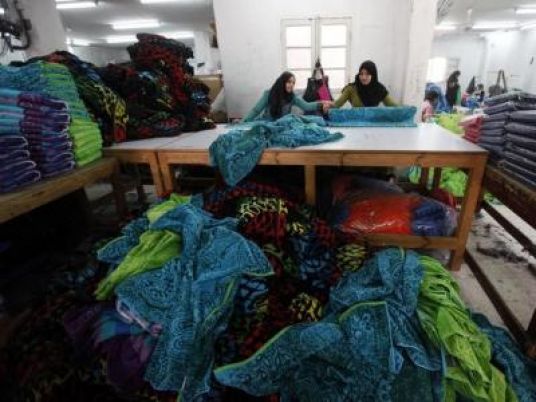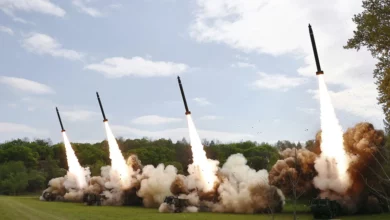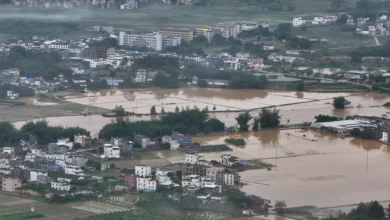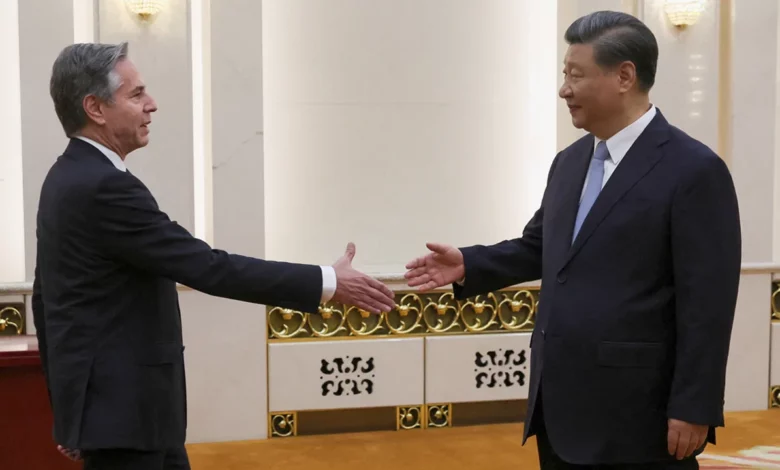
Already rocked by the Covid-19 pandemic, war in Ukraine and tensions over trade, tech and human rights, relations between the United States and China had cratered to a historical low over the past year, as Beijing cut multiple lines of communication with Washington after then-US House Speaker Nancy Pelosi visited Taiwan last August.
Efforts to restore dialogue after a November summit between Chinese leader Xi Jinping and US President Joe Biden in Bali then sunk alongside a Chinese surveillance balloon that was shot down over the US earlier this year – sending relations into a further spiral.
Sequential visits to Beijing since late last month from US Secretary of State Antony Blinken, Treasury chief Janet Yellen and climate envoy John Kerry to meet Chinese leaders, including Xi, Premier Li Qiang and top diplomat Wang Yi, have been widely hailed as a significant step forward from that low.
The stakes for such meetings are high.
The success of global efforts to combat climate change may depend on how well the two powers can cooperate – and their relations impact issues from the shape of global supply chains to the risk for conflict in the Indo-Pacific.
But the recent visits — which ended with pledges to continue to communicate, but no concrete agreements — have also spotlighted questions of how much room there is for the two world powers to work together on issues of global importance.
“This contact reduces the risk of miscalculation, so that’s a start. It is not the same as moving ahead on ties,” said Chong Ja Ian, an associate professor of political science at the National University of Singapore.
And when it comes to what was actually agreed upon in the meetings, “there’s a willingness to engage further and that’s a good sign … but there’s nothing substantive,” he said.
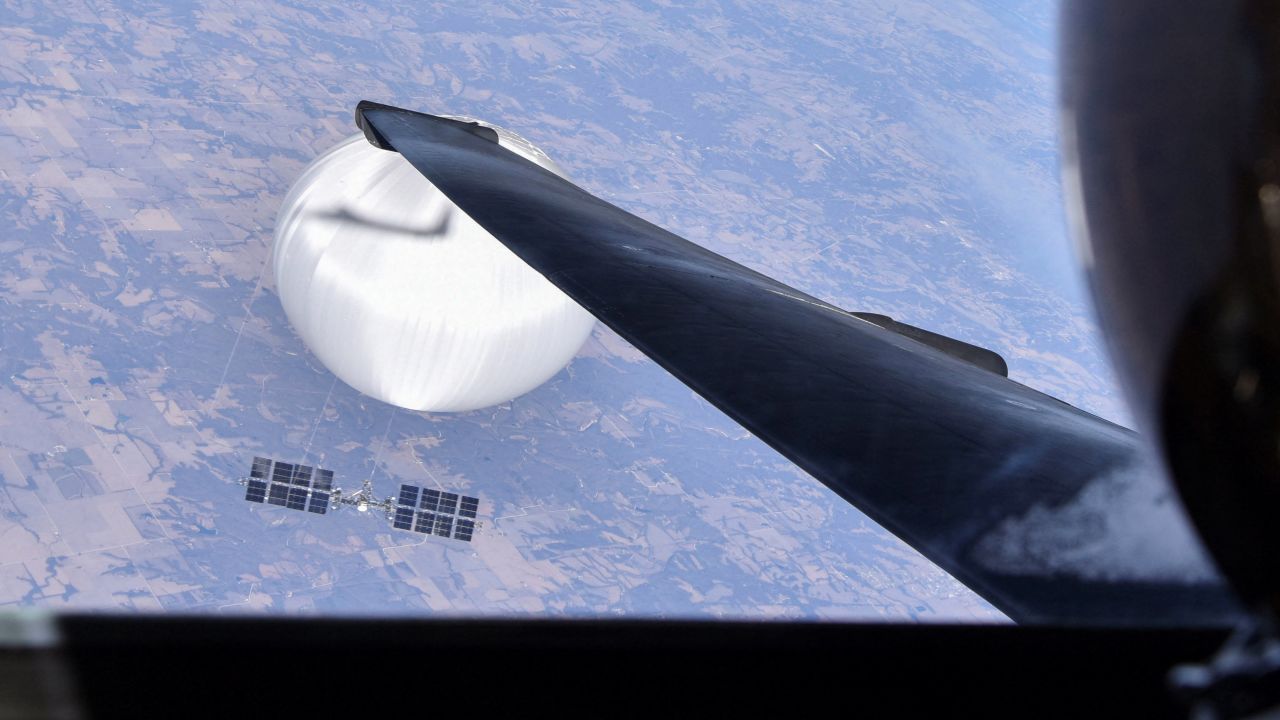
Meeting halfway
Expectations of major breakthroughs on cooperation were low going into the meetings, and a critical stumbling block remains sharply different baseline perceptions, observers say.
Beijing views Washington as bent on suppressing its development and global rise, while Washington has proclaimed the need to protect its national security and the world order from an increasingly authoritarian and assertive China.
“(Both sides) say they want to stop the downward spiral and put a floor under the relationship, but neither side is willing to make any compromise to meet the other halfway,” said Suisheng Zhao, director of the Center for China-US Cooperation at the University of Denver.
“Both are under the impression that they will not get any positive response from the other side,” he added.
While Kerry stressed that the two countries “cannot let bilateral differences stand in the way of making concrete progress” on climate cooperation, China’s top diplomat Wang insisted this cooperation “cannot be separated from the overall environment of Sino-US relations.”
Yellen, meanwhile, sought to impress that the US in its policy was only “taking targeted national security actions,” and not seeking to “gain economic advantage” over China.
But China’s Premier Li, saw things differently: “overstretching the concept of security” would hurt the economic development of both countries and the world, he told the Treasury chief earlier this month.
Washington last year imposed sweeping curbs on exports of critical technology to China in the name of security, and Beijing has responded with export controls of its own.
These are part of a stack of grievances between the two, which also hit on US sanctions on Chinese entities, Trump-era trade tariffs, military operations in the South China Sea and relations with the democratic island of Taiwan, which China’s Communist Party claims but has never controlled.
Movement on any of these issues could help enable the two to work together on less prickly areas, experts say, but this ranges from difficult to impossible given strategic concerns and domestic circumstances.
Even restoring high-level military dialogue is at an impasse. China has refused US overtures to restore those ties, apparently until Washington removes sanctions against its defense minister Li Shangfu.
Shi Yinhong, an international relations professor at the Renmin University in Beijing, said that both the US and China “want to prevent their rivalry and confrontation from significant worsening, and both sides place a high priority on preventing military conflict with each other.”
“At the same time, however, neither side has given or is prepared to give the other significant and lasting concessions, and is continuing, or even escalating, to do whatever it considers vital, for strategic security, technical security, and more,” he said.
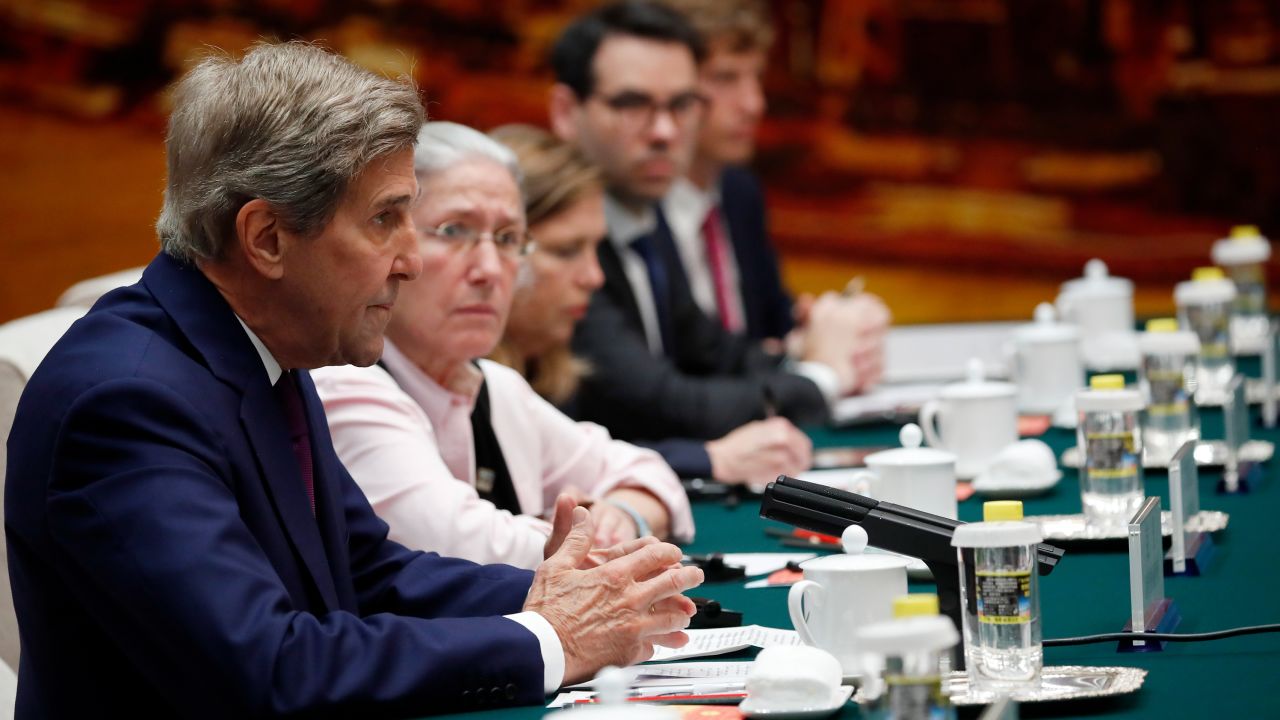
What’s next?
But all this doesn’t mean there’s no room to work together, according to Shanghai-based international relations scholar Shen Dingli.
“The two countries are now on a fast track of cooperation, even though neither side has announced it, internally, they are committed (to this),” Shen said, noting that it was likely both sides in the recent visits had listed out concerns for the other to consider while working toward the next round of exchange.
And despite tough talk from Chinese leaders like Wang Yi, Shen said Beijing was open to cooperate on issues where it was possible, like climate, even amid broader tensions.
As Kerry closed out his trip earlier this week, the climate envoy, too, seemed hopeful. Though they “realized that it’s going to take a little bit more work to break the new ground,” the two sides would be meeting on a regular basis in the coming weeks, said Kerry.
Speaking from a security conference in the US on Sunday, Blinken told CNN the US is attempting to strengthen “lines of communication” with China to avoid conflict between the two superpowers.
“We weren’t doing a lot of talking before. Now we are. We have different groups that are engaged, or about to engage, on discrete issues … that are problems … in the relationship where I believe we can, I think, get to a resolution,” Blinken said, adding “the proof will be in the results.”
Observers will also be watching whether China reciprocates with its own high-level visits to Washington in the coming weeks – especially as leader Xi may visit the US when it hosts the Asia-Pacific Economic Cooperation summit in November.
The most obvious first step for a first follow-up – a visit to Washington from Foreign Minister Qin Gang, whom Blinken invited during his Beijing visit last month – has been complicated, however, by Qin’s mysterious disappearance from public view in recent weeks.
Meanwhile, both sides will need to carefully weigh the optics of their diplomacy for their domestic audiences, where neither government wants to look soft on the other, especially as the US moves toward its presidential election season.
“The expectation is to continue and strengthen the channels of communications and strive for practical, specific steps to address issues in bilateral relations,” said Yun Sun, director of the China Program at the Stimson Center in Washington.
“Military-to-military (communication) and fentanyl (drug control) are high on the US agenda and I think the Chinese are likely to work something out later this year … (But) the Chinese will demand reciprocity, which will induce more domestic criticism on US policy,” she added.
And while the prospect of further communications is a positive development, observers warn the situation remains fragile.
“The relationship is on firmer ground, but its still brittle,” said Chong in Singapore. Any number of incidents related to flashpoints in the relations “could still derail things,” he said.
CNN’s Nectar Gan contributing reporting.

